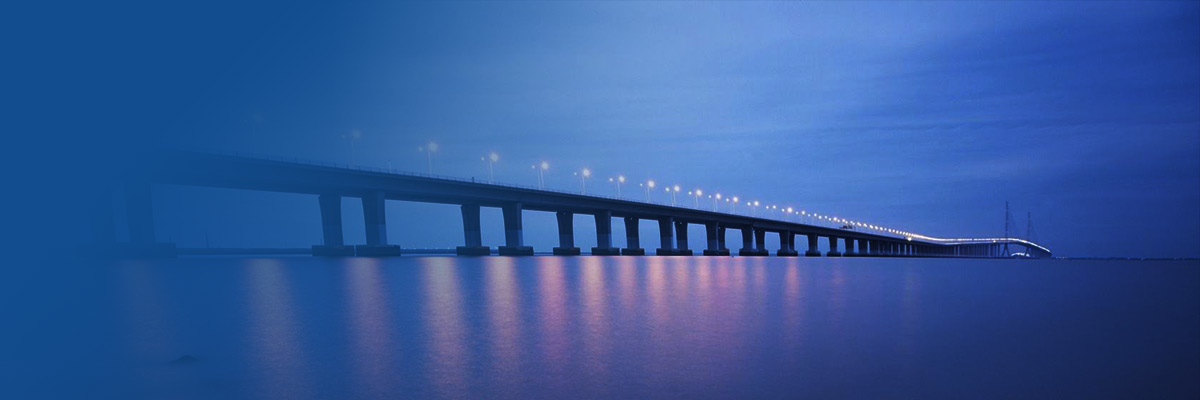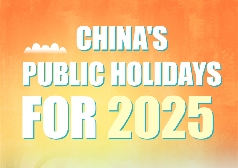RCEP import tariff reductions in Shanghai top 11m yuan
In the wake of the implementation on Jan 1 of the Regional Comprehensive Economic Partnership agreement, or RCEP – a massive trade accord in Asia and the Pacific region – trading of the effected goods in the customs area of Shanghai city in East China is understood to have been smooth and efficient.
The signing of the agreement in November 2020 by 15 countries – including China – formed the world's largest trading bloc. With the agreement now taking effect, the tariffs on goods traded among the members will be reduced to zero immediately or gradually – with more than 90 percent of the goods in the bloc eventually having zero tariffs.
As of Feb 22, Shanghai's customs area had accepted nearly 500 RCEP preferential import declarations, with the value of goods topping 6 billion yuan ($949.31 million) and tariff concessions reaching 11.73 million yuan, according to Shanghai Customs.
About 98.5 percent of the declarations for RCEP benefits were for imported goods from Japan.
Shanghai-headquartered Baosteel Group, China's leading steel company, is understood to have begun to expand its imports by taking advantage of RCEP import tariff concessions.
Xu Gang, deputy head of the group's transportation department, said the company imports non-alloy steel hot-rolled coils from Japan every month. It expects to have cuts in taxes of more than 1.45 million yuan this year thanks to RCEP, Xu added.
In terms of exports, Shanghai Customs has stepped up efforts to appoint "approved exporters" – a term referring to a company that has been officially recognized by customs and can independently issue a declaration of origin.
At present, two enterprises in Shanghai – one of them, Shanghai Zhenhua Heavy Industries Co Ltd – have obtained the qualification and more than 10 enterprises are being prepared to receive the status.


 China's public holidays for 2025
China's public holidays for 2025  Shanghai FTZ: Go all out to build China's first pilot zone for Silk Road E-commerce cooperation
Shanghai FTZ: Go all out to build China's first pilot zone for Silk Road E-commerce cooperation  Favorable policies boost 'China Travel' trend
Favorable policies boost 'China Travel' trend  play
play 